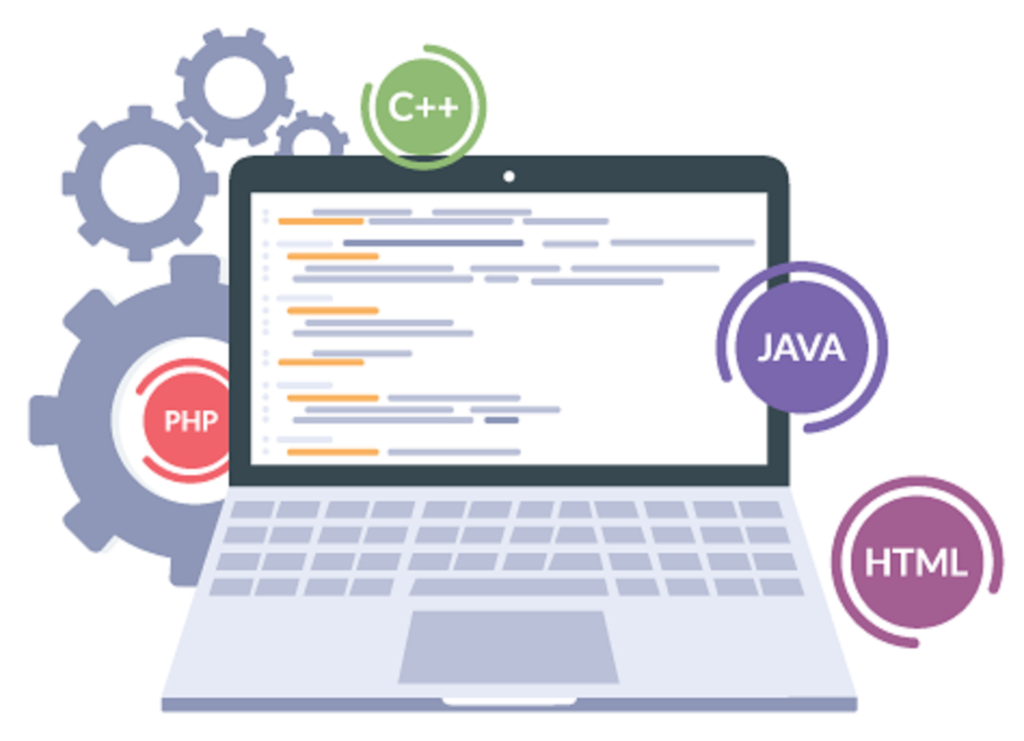Why Product Validation is Important for Your Business
Risk is undoubtedly a crucial part of any business. You might need to undertake some risks to get ahead of the competition. Most companies have an
Technology has progressed significantly in recent years. As a result, companies seeking to maintain profitability need to align their operations to technological advancements. Enterprise software development enables this technological integration.

This article will guide you on all you should know about enterprise software development.
Enterprise Software Development is a process that involves the creation of systems and applications aligned to the needs of an organization. In the current competitive commercial climate, many companies need software development to stay afloat and increase efficiency. The primary aim of enterprise software development is to create an application that solves most of the company's problems. It also seeks to centralize the organization's operations. Many large organizations have been increasingly prioritizing enterprise software development. According to Statista, global expenditure on enterprise software development is expected to peak at $675 billion. This represents a significant growth from the $225 billion value recorded in 2009.
Companies integrate Enterprise Software Development in different ways. Regardless, the constant goal is to increase efficiency. The major types of Enterprise Software include:
The primary purpose of CRM software is to enhance a company’s customer relations. It is a software application that helps companies manage customer interactions and track sales progress. CRM is crucial for companies seeking to improve customer relationships, enhance their customer base, and retain existing customers. The data stored on the CRM software can also be used to analyze buyer trends in real-time, automate customer support, and drive sales revenue.
ERP software helps companies keep track of all internal operations. It is suitable for large organizations seeking to maintain control of their numerous operations. ERP's major value proposition is centralization. ERP software helps companies centralize functions like Customer Relationship Management, Finance, Human Resources, and Marketing. This centralization makes management much easier. It also eases collaborations between numerous teams in organizations.
Supply chain management is a top priority for many companies. Supply Chain Management (SCM) software helps companies manage the movement of their goods across the supply chain. It also cuts excess costs and enhances companies’ ability to deliver value to customers.

Enterprise Software Development can help companies optimize internal processes. This way, workflows can be tracked actively, and errors can be prevented. Error prevention is particularly vital for organizations, as operational risks or errors can cause substantial financial losses. However, companies can identify and address errors in real time with enterprise software.
Enterprise software development is an excellent option for countries seeking to attain higher efficiency levels. The centralization that enterprise software provides helps companies standardize their functions. It also helps companies save time with operational collaboration and management.
The features of enterprise software can potentially increase revenue. For instance, the data CRM software provides can be instrumental in understanding customers' needs. This way, companies can increase revenue by aligning their service offerings to market needs.
At this stage, it is essential to define the organization's problems and how the software is expected to solve them. This will help the organization have a clear vision of the software's features. Collaboration is also vital at this stage. The organization's different teams need to collaborate and draw up ideas for the software. This would increase the probability that the software would fulfill the needs of each team.
After mapping out the software’s expected features, the next stage is software development. Of course, given that this stage is heavily technical, the teams involved would be limited. Focus is primarily placed on the software development team. This team would undertake the entire development process, including APIs and necessary functionalities. Basically, this is the stage where the suggested features come to life.
Quality assurance is vital in software development. This is because it ensures high performance, improves security, and guarantees dependability. Companies seeking to integrate enterprise software need to ensure that the software is efficient and bug-free. Testing helps determine the software’s performance against these benchmarks.
The software is deployed and integrated with the organization's systems at this stage. Regardless of how extensive the organization's systems are, the primary purpose of implementation is to ensure that the software can produce the desired resuls.

The team is arguably the most important element in enterprise software development. This is because the software's performance heavily depends on the team's competence. Thus, organizations seeking to integrate enterprise software must ensure they engage the services of the most competent and responsive team possible. You can either outsource or utilize your in-house team. However, if you decide to go with your in-house team, you must ensure they are competent enough to undertake the software development.
Enterprise software development is an extensive process. Many times, it spans weeks and months. Regardless, setting timelines for specific parts of the project is essential. This way, you can work and deliver the project as expected.
Enterprise software is highly sensitive. This is because it houses critical data from operations across your organization. Thus, it goes without saying that the software must be highly secure. This would help reduce the possibility of hack attacks or avoidable losses.
Enterprise software development is undoubtedly beneficial for organizations. However, its success depends on the integration of specific best practices. Thus, organizations must engage the best teams, set clear goals, define timelines, and prioritize quality assurance. This way, there are higher chances that the enterprise software would deliver the expected results.
Risk is undoubtedly a crucial part of any business. You might need to undertake some risks to get ahead of the competition. Most companies have an
What is React used for? Explore React's versatility and functionality for building dynamic user interfaces efficiently. Click here to learn more about React
re you looking to hire a virtual CTO? We offer Virtual CTO services and advice to businesses seeking a technological partner. Click here for more details.
REQUEST PROFILE